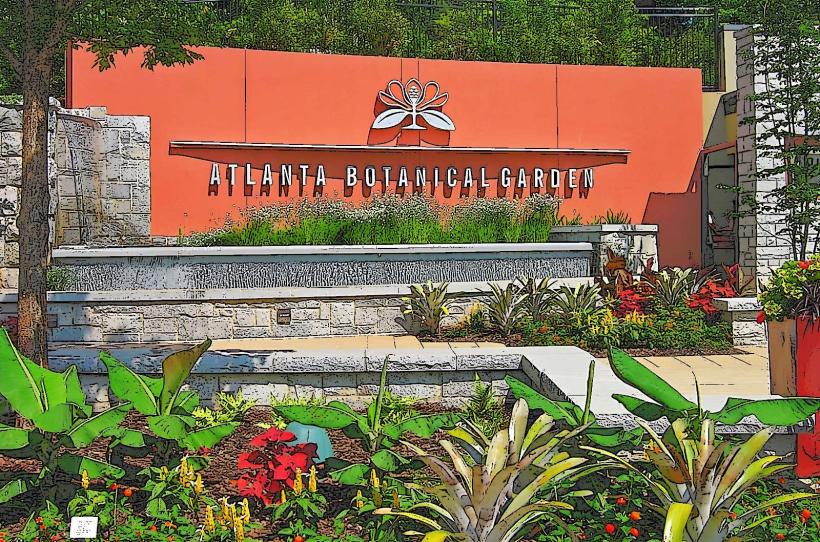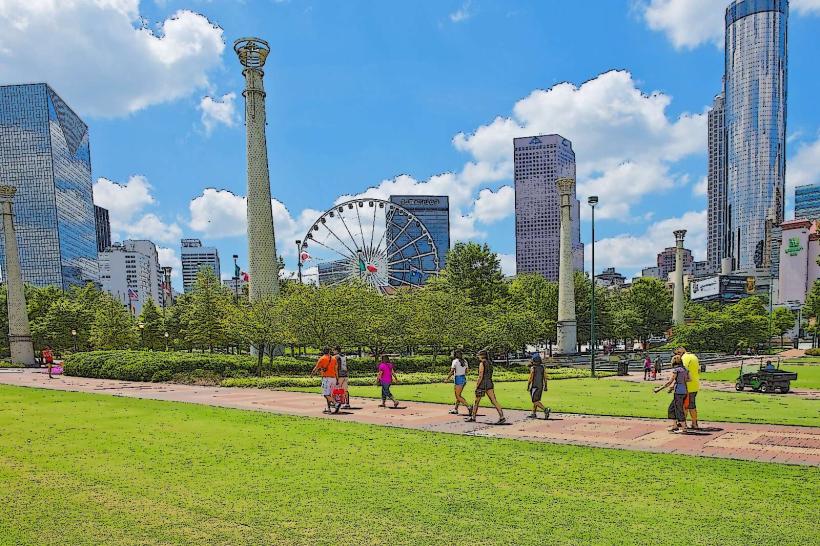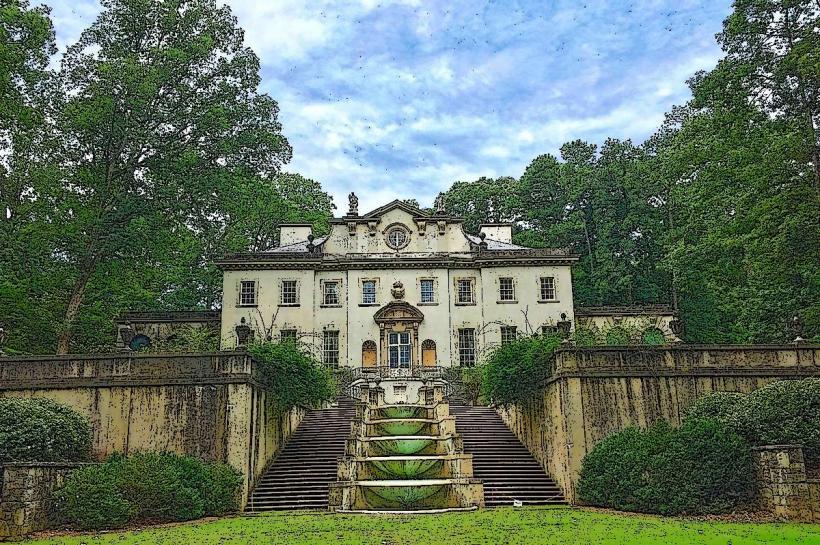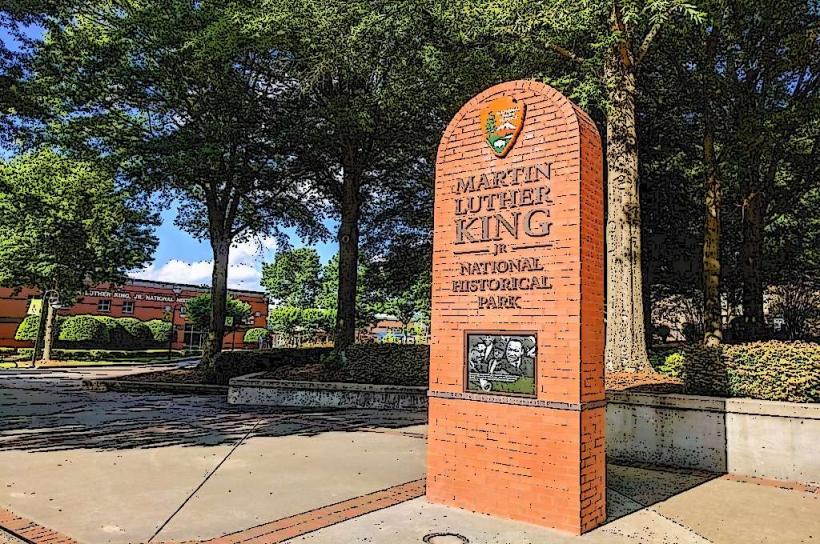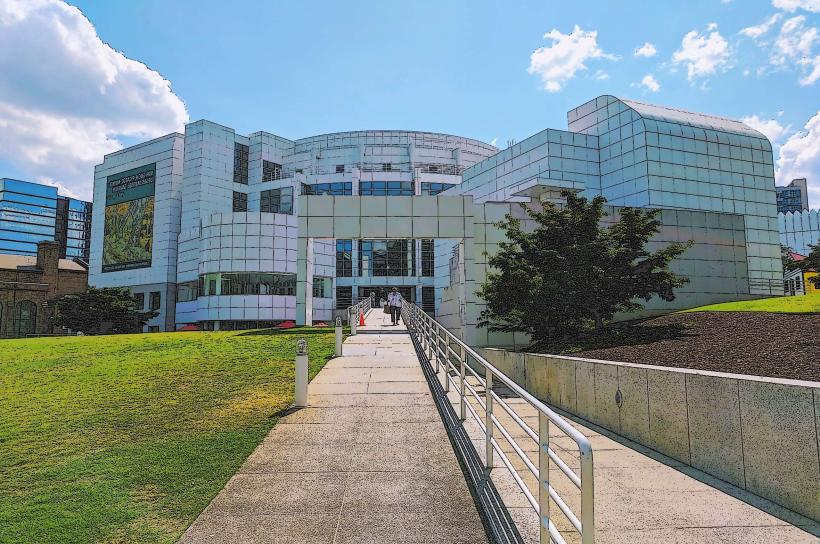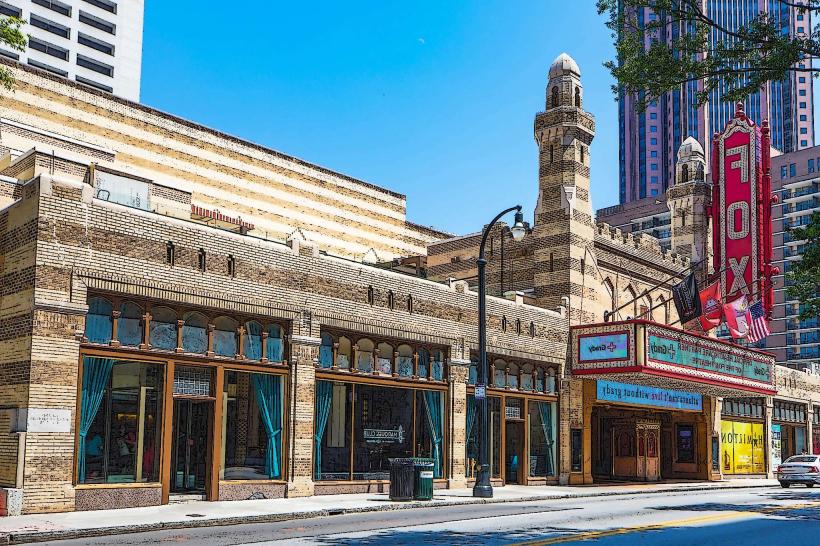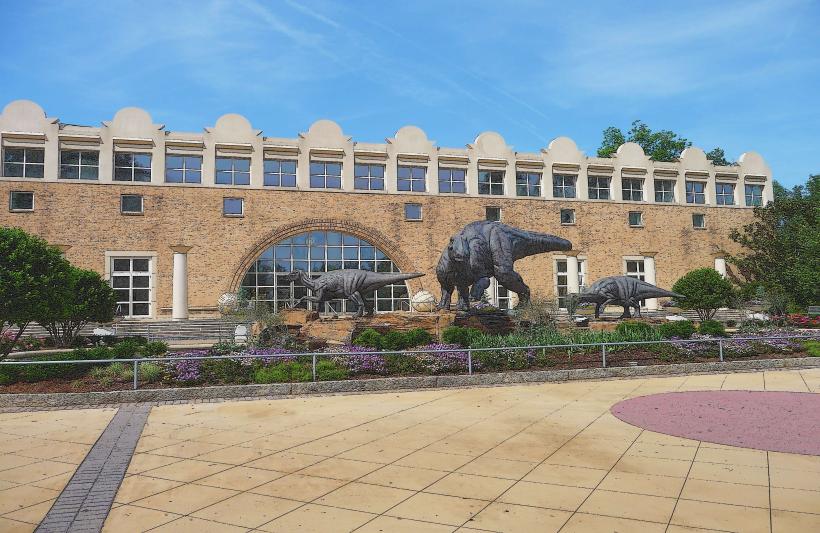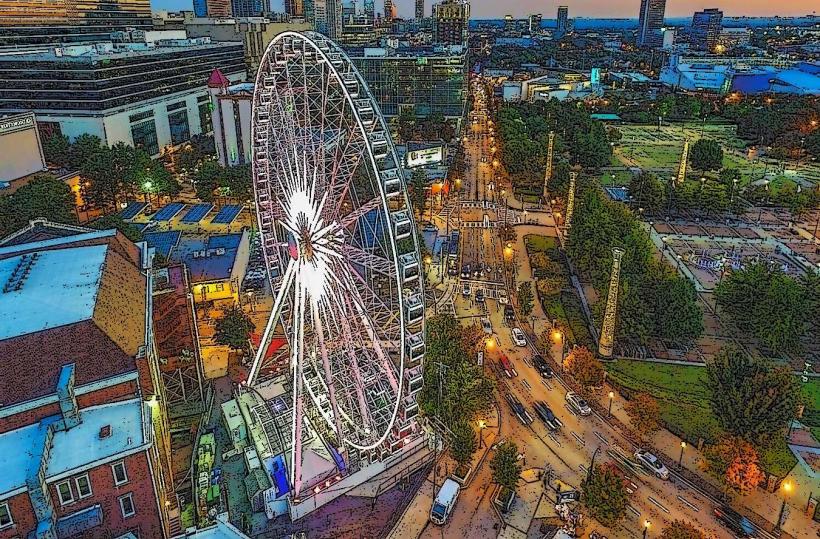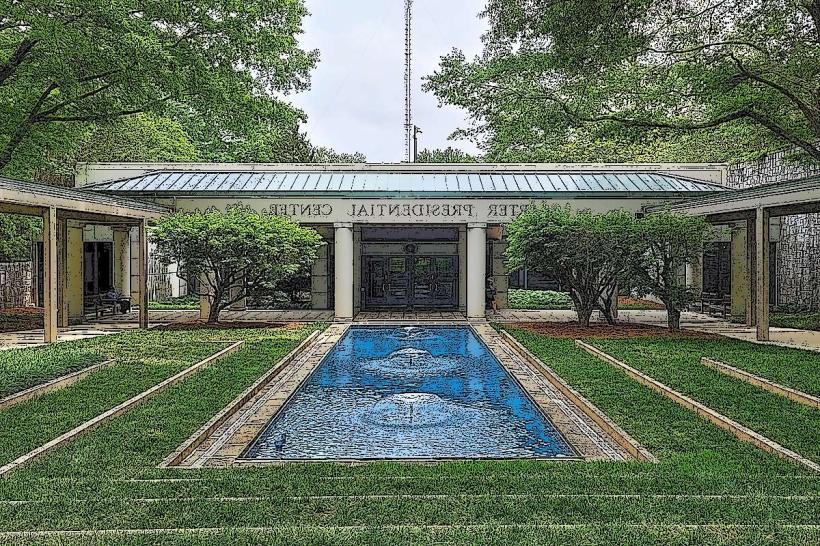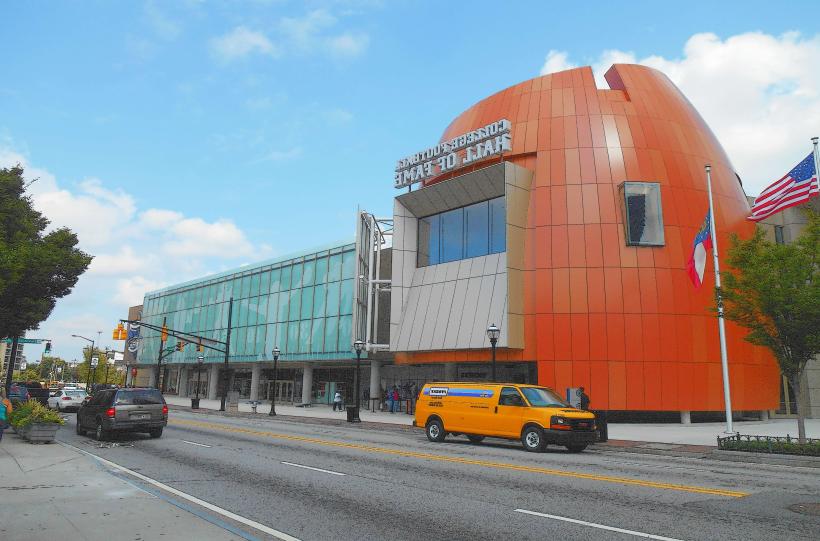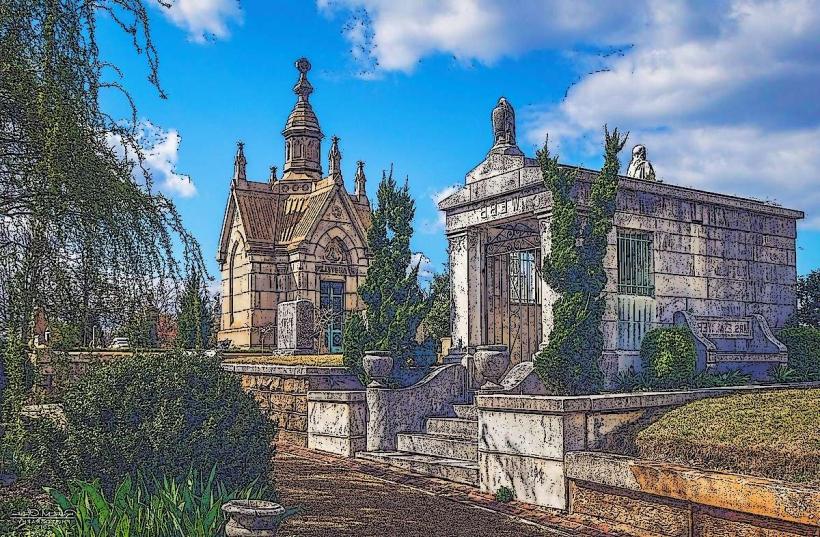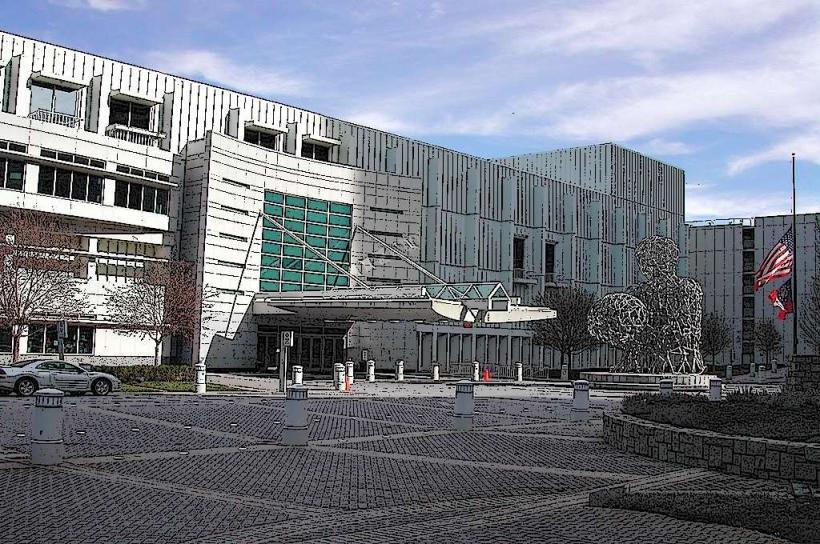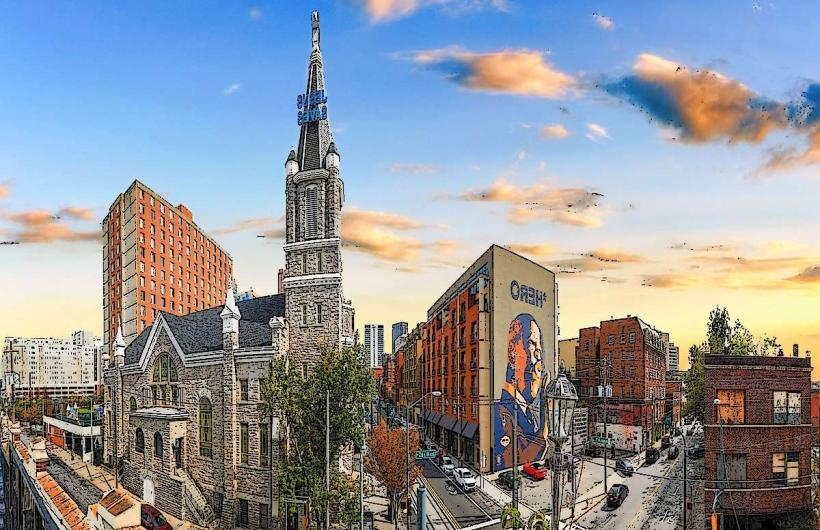Information
Landmark: Georgia State CapitolCity: Atlanta
Country: USA Georgia
Continent: North America
Georgia State Capitol, Atlanta, USA Georgia, North America
The Georgia State Capitol is the seat of government for the U.S. state of Georgia, located in Atlanta.
It is a functioning government building housing legislative chambers and executive offices.
Visual Characteristics
The capitol building is constructed primarily of limestone and granite. Its dome is gilded with 24-karat gold leaf. The building stands four stories high, featuring a Renaissance Revival architectural style. The exterior is painted a light cream color.
Location & Access Logistics
The Georgia State Capitol is situated at 206 Washington Street SW, Atlanta, GA 30334. It is located in the downtown area, approximately 1.5 miles southwest of Centennial Olympic Park. Limited metered street parking is available in the vicinity. Public transportation options include MARTA bus routes 42 and 55, which stop within a two-block radius. The nearest MARTA rail station is Five Points, approximately a 0.7-mile walk.
Historical & Ecological Origin
Construction of the Georgia State Capitol began in 1884 and was completed in 1889. The architect was Willoughby J. Edbrooke. The building was designed to serve as the permanent seat of Georgia's state government, replacing previous temporary locations. The site itself was historically significant, having been the location of the former Georgia Governor's Mansion.
Key Highlights & Activities
Visitors can tour the legislative chambers, including the Senate and House of Representatives. The Georgia Capitol Museum is located on the second floor, displaying historical artifacts and exhibits. Observation of legislative sessions is possible when the General Assembly is in session. The building's exterior and dome are accessible for viewing from the surrounding grounds.
Infrastructure & Amenities
Restrooms are available on each floor for public use. Limited shaded areas are present on the surrounding grounds. Cell phone signal (4G/5G) is generally available within the building. No food vendors are located directly within the capitol building; however, numerous dining establishments are situated within a 0.5-mile radius in the downtown area.
Best Time to Visit
For optimal interior lighting and fewer crowds, visiting between 10:00 AM and 2:00 PM on weekdays is recommended. The best months for visiting are April through June and September through October, offering mild weather for exploring the exterior grounds. No tide considerations apply.
Facts & Legends
The dome of the Georgia State Capitol is topped by a statue of "Goddess of Liberty." This statue was added in 1903 and is made of bronze. A lesser-known fact is that the building's original clock mechanism was powered by weights and pulleys, requiring manual winding.
Nearby Landmarks
- Georgia State Supreme Court (0.1km North)
- Georgia Archives (0.3km Southwest)
- National Center for Civil and Human Rights (1.2km Northwest)
- Centennial Olympic Park (1.5km Northwest)
- World of Coca-Cola (1.6km Northwest)

